Home>Gardening & Outdoor>Outdoor Recreation & Activities>What Kind Of Salt To Use In A Swimming Pool
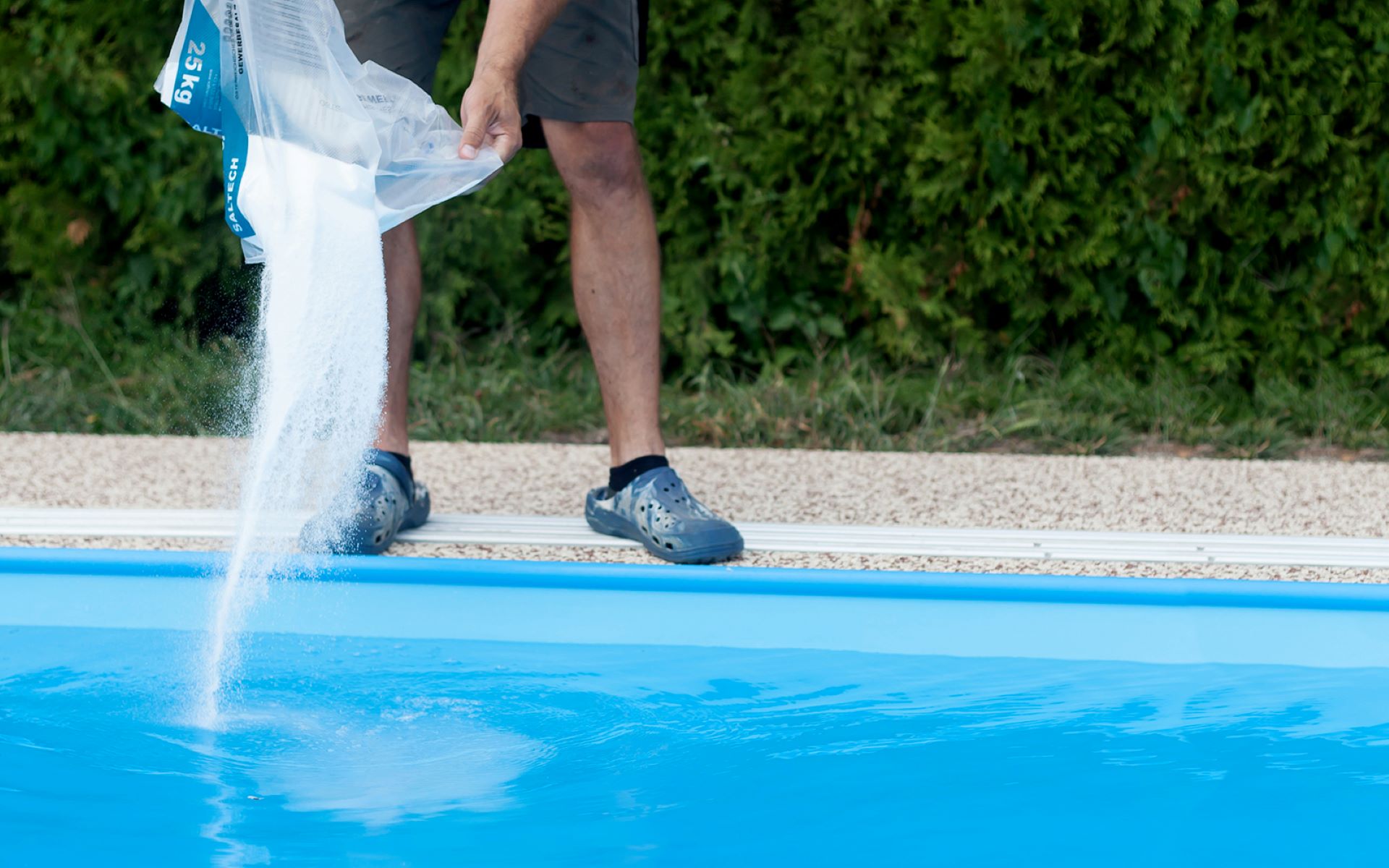

Outdoor Recreation & Activities
What Kind Of Salt To Use In A Swimming Pool
Published: February 18, 2024
Discover the best salt for your swimming pool in this comprehensive guide. Ensure a safe and enjoyable outdoor recreation experience with the right choice of salt.
(Many of the links in this article redirect to a specific reviewed product. Your purchase of these products through affiliate links helps to generate commission for Storables.com, at no extra cost. Learn more)
Introduction
When it comes to maintaining a swimming pool, using the right kind of salt is crucial for ensuring optimal performance and longevity. The type of salt used in a swimming pool can significantly impact the water quality, equipment durability, and overall swimming experience. With the myriad of salt options available in the market, it's essential to understand the differences and make an informed decision based on the specific needs of your pool.
Choosing the appropriate salt for your swimming pool is not just about adding a pinch of sodium chloride; it involves considering various factors such as purity, grain size, and compatibility with saltwater chlorinators. By delving into the nuances of different salt types and their respective benefits, pool owners can make well-informed choices that contribute to a healthier and more enjoyable swimming environment.
In this comprehensive guide, we will explore the importance of using the right salt in a swimming pool and delve into the various types of salt suitable for pool use. Additionally, we will discuss the key factors to consider when selecting salt for your swimming pool, empowering you to make informed decisions that will enhance the overall pool maintenance and swimming experience. So, let's dive in and unravel the world of pool salts to ensure that your swimming pool remains a refreshing oasis for years to come.
Key Takeaways:
- Choose high-quality salt like solar or evaporated salt for a clean, long-lasting swimming pool. It’s worth the investment for crystal-clear water and minimal equipment maintenance.
- Consider purity, grain size, and chlorinator compatibility when selecting pool salt. Making the right choice leads to cost savings and a more eco-friendly swimming environment.
Importance of Using the Right Salt in a Swimming Pool
The importance of using the right salt in a swimming pool cannot be overstated, as it directly impacts the overall pool maintenance, water quality, and the longevity of pool equipment. The type of salt utilized in a swimming pool plays a pivotal role in ensuring a safe, clean, and enjoyable swimming environment for all users. Here's why selecting the appropriate salt is crucial for the well-being of your pool:
-
Water Quality: The right salt can contribute to maintaining optimal water quality in a swimming pool. High-quality pool salt dissolves evenly, preventing the formation of unsightly and potentially damaging salt residues. This, in turn, helps to uphold the clarity and cleanliness of the pool water, providing a more inviting and refreshing swimming experience.
-
Equipment Longevity: Using the correct salt is essential for preserving the longevity of pool equipment, particularly saltwater chlorinators. Low-quality or impure salts may contain contaminants that can lead to the buildup of scale and corrosion within the chlorinator, potentially causing malfunctions and reducing its operational lifespan. By choosing the right salt, pool owners can safeguard their equipment and minimize the need for costly repairs or replacements.
-
Swimmer Comfort: The right salt can contribute to a more comfortable swimming experience for pool users. Opting for high-purity salt with the appropriate grain size can help prevent skin and eye irritation, ensuring that swimmers can enjoy the pool without discomfort or adverse reactions.
-
Cost-Effectiveness: Selecting the right salt for a swimming pool can also lead to long-term cost savings. High-quality pool salt, while initially more expensive, can offer greater efficiency and effectiveness in chlorination, reducing the overall consumption of salt and minimizing the frequency of maintenance tasks. This can translate to lower operational costs and a more sustainable pool management approach.
In essence, the choice of salt for a swimming pool is not merely a matter of preference; it directly influences the health, longevity, and cost-efficiency of pool maintenance. By understanding the significance of using the right salt and making informed decisions, pool owners can create a safer, more enjoyable, and sustainable swimming environment for themselves and their guests.
Types of Salt for Swimming Pools
When it comes to selecting salt for swimming pools, several options are available, each with its unique characteristics and suitability for specific pool setups. Understanding the different types of salt can empower pool owners to make well-informed choices that align with their pool maintenance needs and preferences. Here are the primary types of salt commonly used in swimming pools:
-
Solar Salt: This type of salt is derived from the natural evaporation of seawater and is known for its high purity. Solar salt is often favored for its minimal impurities, making it an excellent choice for maintaining water clarity and preventing scale buildup in saltwater chlorinators. Its fine granules dissolve efficiently, ensuring uniform distribution and effective chlorination.
-
Mined Salt: Mined salt, also referred to as rock salt, is obtained through traditional mining processes. While it may contain slightly higher impurities compared to solar salt, it remains a popular choice for pool owners seeking a cost-effective salt option. Mined salt is available in various grain sizes, allowing for flexibility in application based on specific pool requirements.
-
Evaporated Salt: Evaporated salt is produced through a controlled process that involves the evaporation of brine. This method yields salt with high purity and uniform crystal size, making it an ideal choice for saltwater pools. Evaporated salt dissolves readily and is compatible with most saltwater chlorinators, contributing to efficient and consistent chlorination.
-
Blended Salt: Blended salt is a combination of different salt types, often formulated to achieve specific characteristics or performance attributes. For instance, some blended salts may incorporate additives to enhance water softness or minimize the potential for scale formation. Pool owners can explore blended salt options tailored to their unique pool maintenance requirements.
-
Food-Grade Salt: While primarily intended for culinary purposes, food-grade salt can also be suitable for certain swimming pool applications. It is important to note that not all food-grade salt is suitable for pool use, and careful consideration of purity and additives is essential when considering this option.
When evaluating the types of salt for swimming pools, factors such as purity, grain size, compatibility with chlorinators, and cost-effectiveness should be taken into account. Pool owners are encouraged to assess their specific pool maintenance needs and consult with professionals to determine the most suitable salt type for their individual requirements. By selecting the right salt for their swimming pools, owners can contribute to the overall health, longevity, and performance of their pool systems, ensuring a consistently enjoyable swimming experience for all.
Factors to Consider When Choosing Salt for a Swimming Pool
When selecting salt for a swimming pool, several crucial factors should be carefully considered to ensure optimal performance, water quality, and equipment longevity. By taking these factors into account, pool owners can make informed decisions that align with their specific maintenance needs and contribute to a healthier and more enjoyable swimming environment.
Purity and Quality
The purity of the salt is a fundamental consideration when choosing a suitable option for a swimming pool. High-quality salt with minimal impurities is essential for maintaining water clarity and preventing scale buildup in saltwater chlorinators. Pool owners should prioritize salts that undergo rigorous purification processes, such as solar or evaporated salt, to ensure the highest level of purity and performance.
Read more: What Paint To Use On Swimming Pool Walls
Grain Size
The grain size of the salt particles can significantly impact its dissolution rate and distribution within the pool water. Fine-grained salts, such as solar and evaporated salt, dissolve more efficiently, promoting uniform dispersion and effective chlorination. Coarser salts, while still viable, may require longer dissolution times and can potentially lead to uneven distribution if not properly managed.
Compatibility with Chlorinators
When choosing salt for a swimming pool, it is essential to consider its compatibility with saltwater chlorinators. Certain salt types may contain impurities or additives that can adversely affect the performance and longevity of chlorination systems. Pool owners should consult with manufacturers or industry professionals to ensure that the selected salt is compatible with their specific chlorinator model and will not compromise its functionality.
Cost-Effectiveness
While the initial cost of high-quality salt may be higher, its long-term cost-effectiveness should be taken into account. Premium salts, characterized by high purity and efficient chlorination properties, can lead to lower overall salt consumption and reduced maintenance frequency. By investing in quality salt, pool owners can potentially minimize operational costs and long-term maintenance expenses, making it a financially prudent choice in the broader context.
Environmental Impact
Considering the environmental impact of the chosen salt is increasingly important for many pool owners. Opting for environmentally friendly salt options, such as those produced through sustainable practices or with minimal ecological footprint, can align with a more conscientious approach to pool maintenance. Additionally, selecting salts with reduced chemical additives can contribute to a more eco-friendly swimming environment.
By carefully evaluating these factors and their specific pool maintenance requirements, pool owners can make informed decisions when choosing salt for their swimming pools. This thoughtful approach not only enhances the overall water quality and equipment longevity but also promotes a more sustainable and cost-effective pool management strategy.
Read more: What To Do In The Swimming Pool
Conclusion
In conclusion, the choice of salt for a swimming pool is a decision that significantly impacts the overall maintenance, water quality, and longevity of pool equipment. By understanding the importance of using the right salt and exploring the various types available, pool owners can make informed decisions that align with their specific needs and contribute to a healthier and more enjoyable swimming environment.
Selecting the appropriate salt involves considering factors such as purity, grain size, compatibility with chlorinators, cost-effectiveness, and environmental impact. High-quality options, including solar salt and evaporated salt, offer superior purity and efficient chlorination properties, making them ideal choices for maintaining optimal water quality and equipment longevity. While the initial cost may be higher, the long-term cost-effectiveness and environmental considerations make them prudent investments for conscientious pool owners.
By prioritizing the right salt, pool owners can ensure crystal-clear water, minimize scale buildup in chlorinators, and provide a comfortable swimming experience for all users. Additionally, the compatibility of the chosen salt with saltwater chlorinators is crucial for preserving the functionality and lifespan of these essential pool components. Making informed decisions based on these factors can lead to long-term cost savings and a more sustainable approach to pool maintenance.
Furthermore, the environmental impact of the selected salt should not be overlooked. Opting for environmentally friendly options and those with reduced chemical additives can contribute to a more eco-conscious and sustainable swimming environment, aligning with the growing emphasis on responsible pool management practices.
In essence, the right salt is not just a seasoning for the pool; it is a fundamental element that influences the health, longevity, and cost-effectiveness of pool maintenance. By carefully considering the factors outlined in this guide, pool owners can make well-informed decisions that enhance the overall swimming experience and contribute to the long-term sustainability of their pool systems.
Ultimately, the journey to selecting the right salt for a swimming pool is a pivotal step toward creating a refreshing oasis that offers pristine water, optimal equipment performance, and a welcoming environment for swimmers of all ages. With a thoughtful and informed approach to salt selection, pool owners can embark on a path that leads to a healthier, more enjoyable, and sustainable swimming experience for years to come.
Frequently Asked Questions about What Kind Of Salt To Use In A Swimming Pool
Was this page helpful?
At Storables.com, we guarantee accurate and reliable information. Our content, validated by Expert Board Contributors, is crafted following stringent Editorial Policies. We're committed to providing you with well-researched, expert-backed insights for all your informational needs.
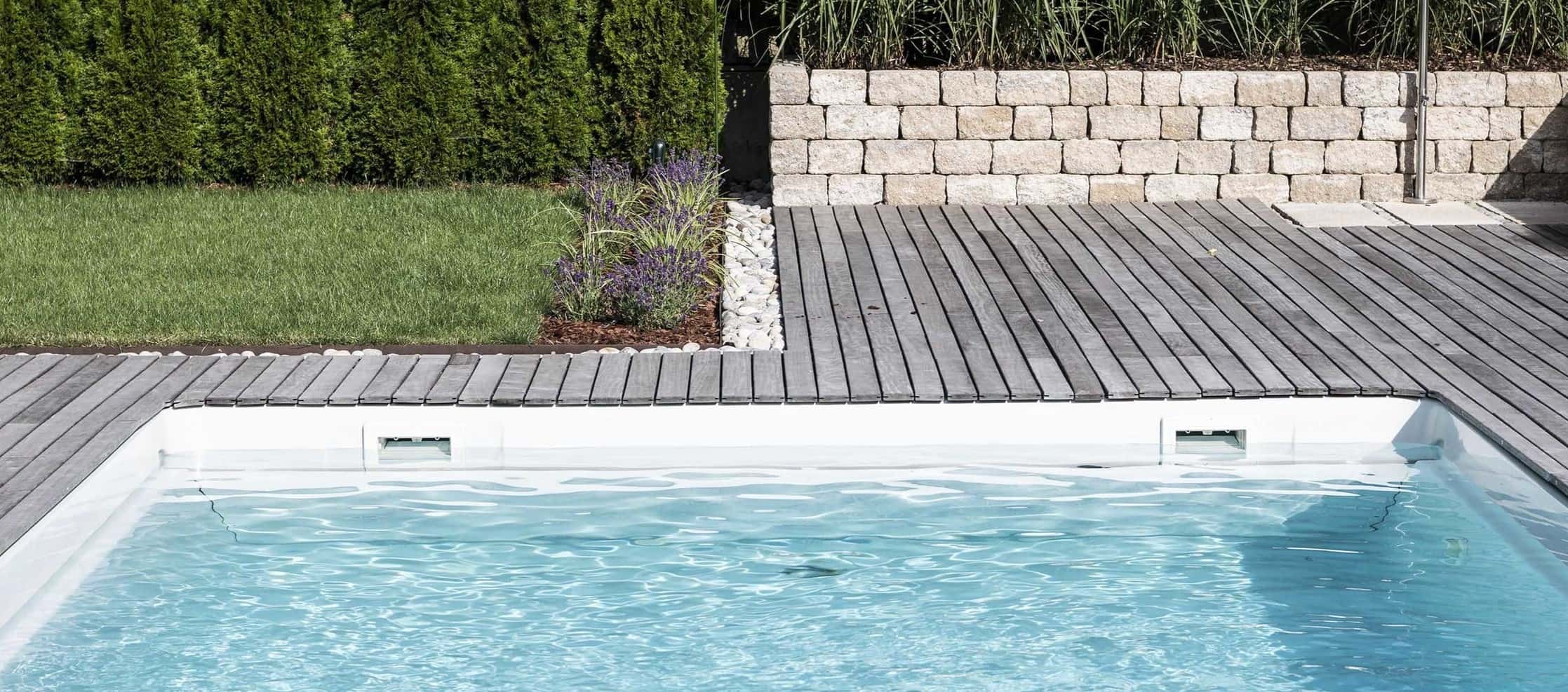
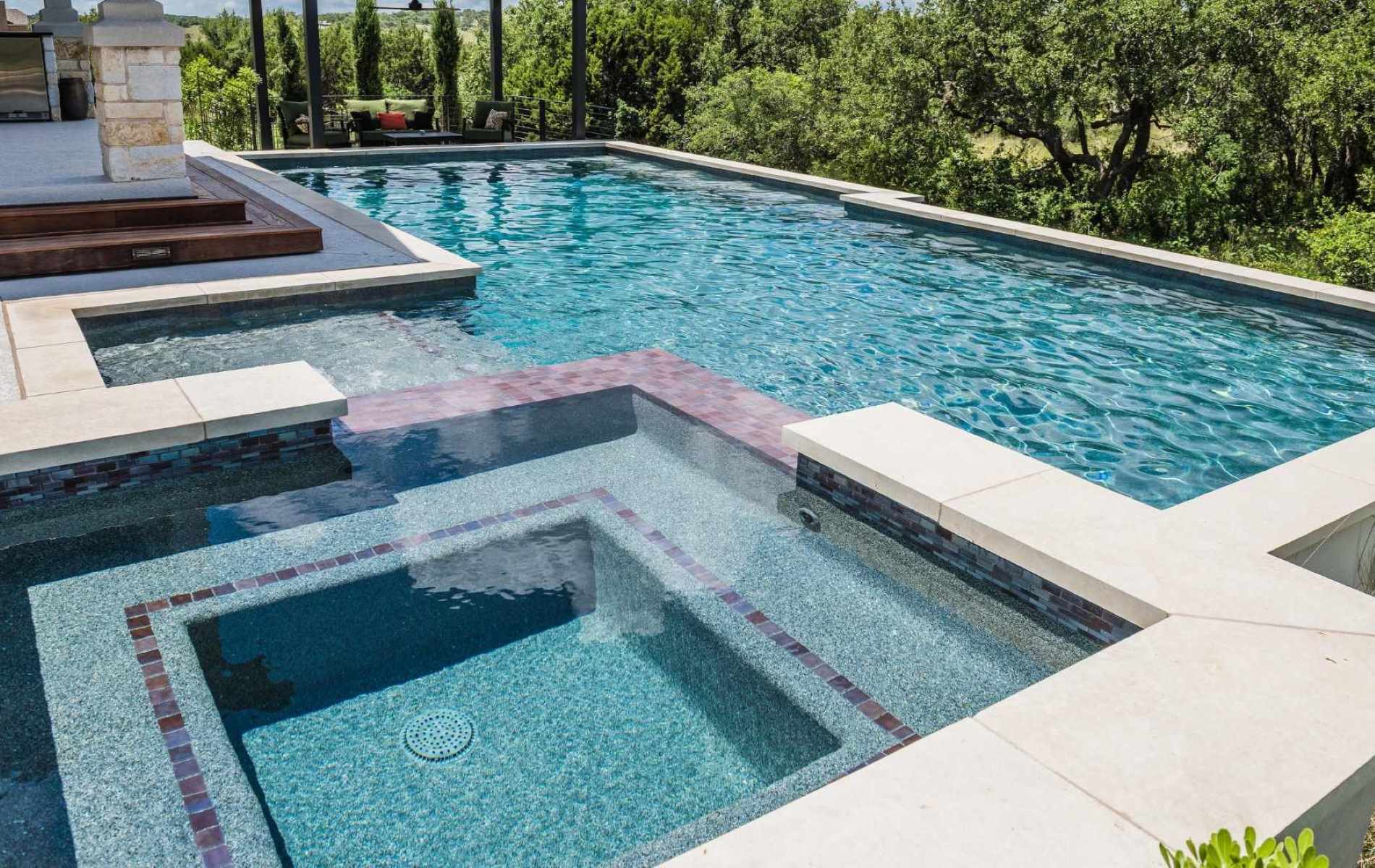
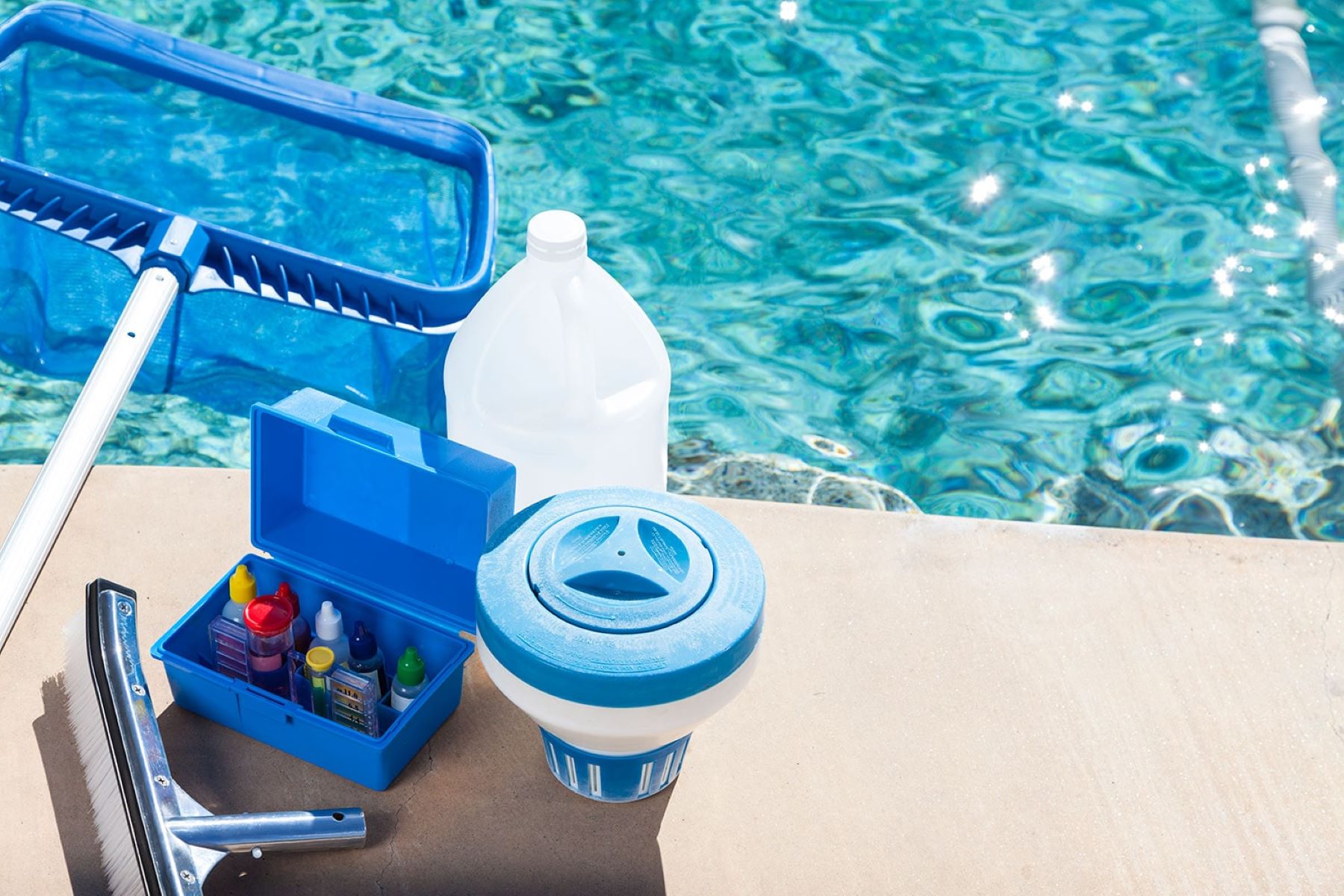
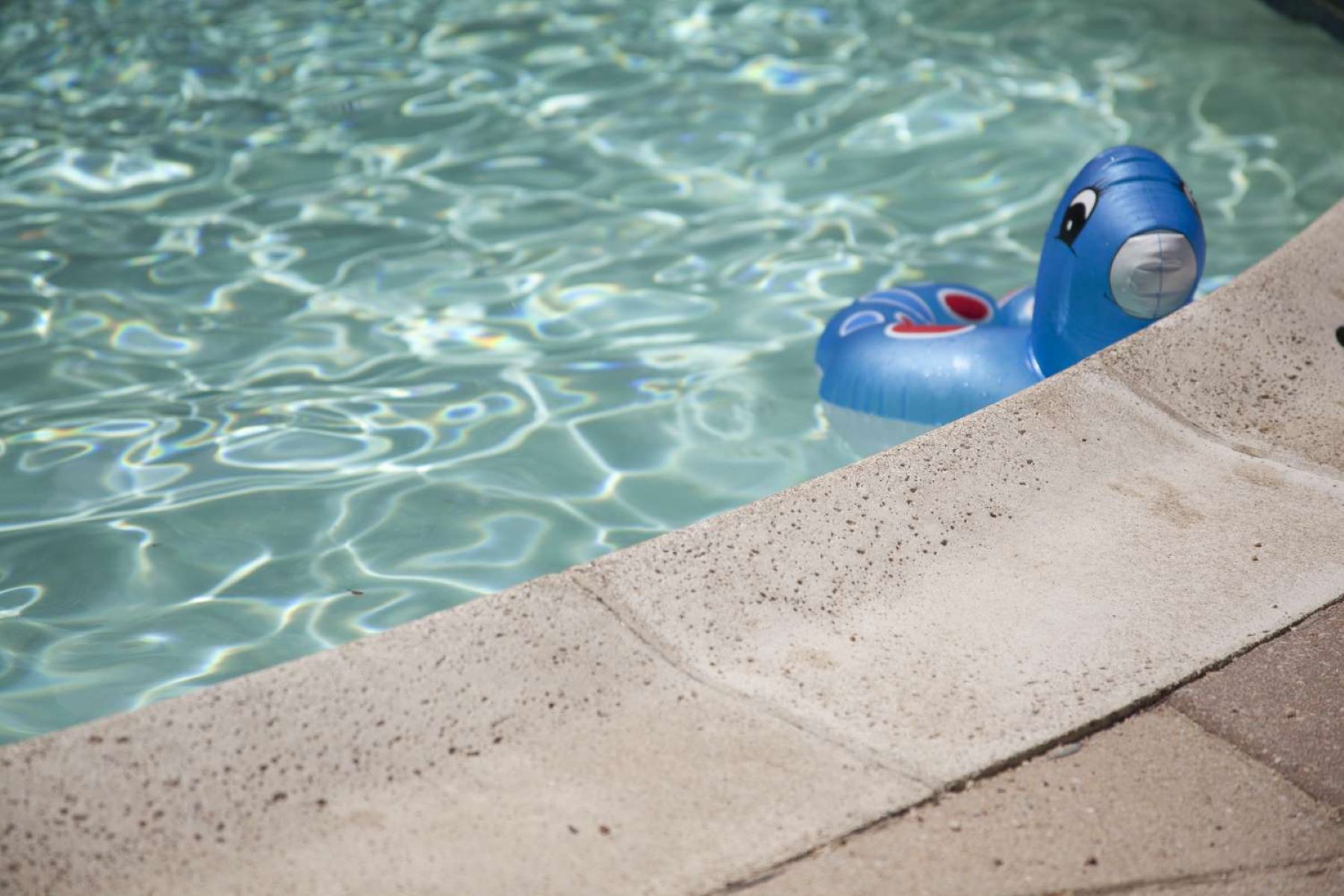

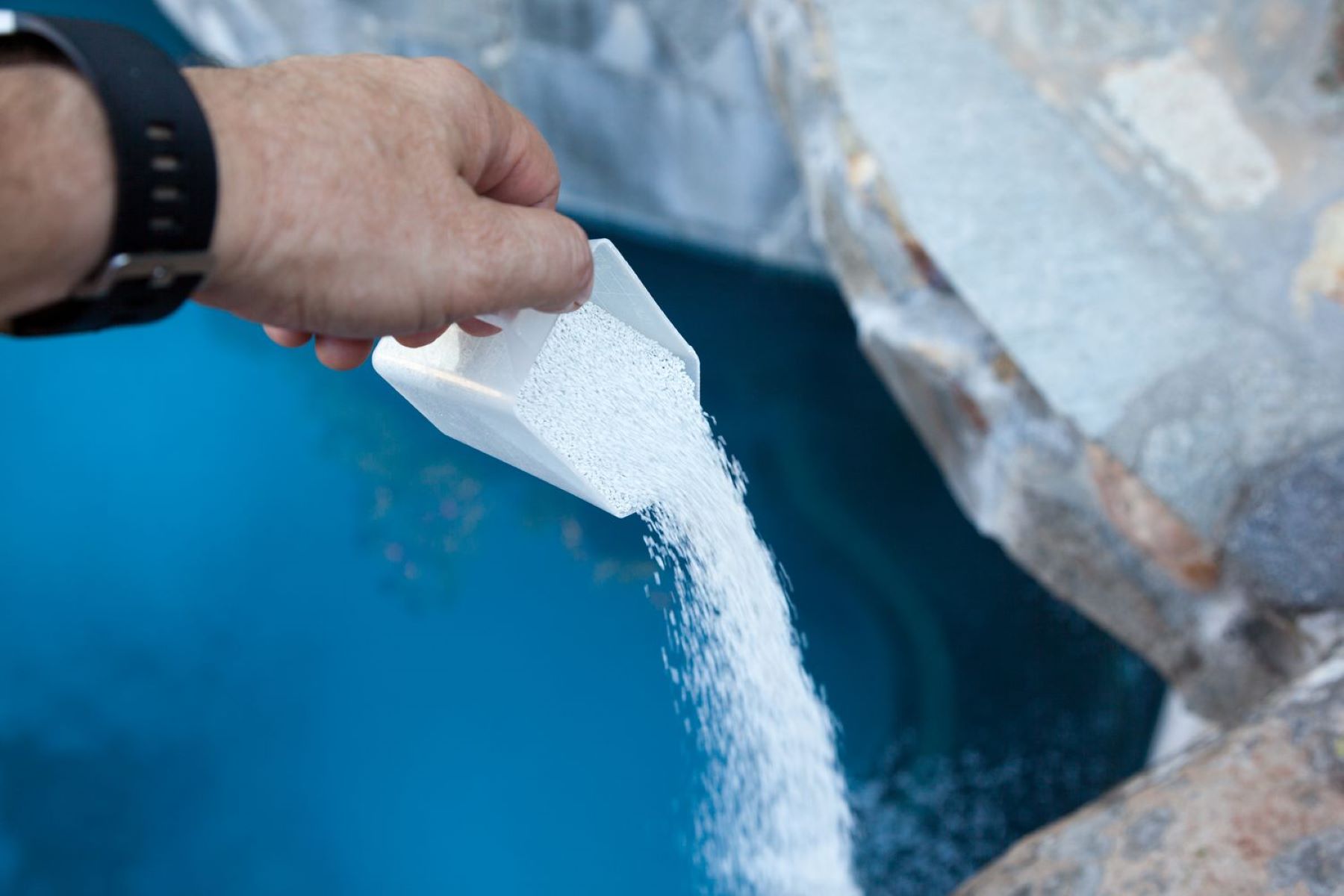


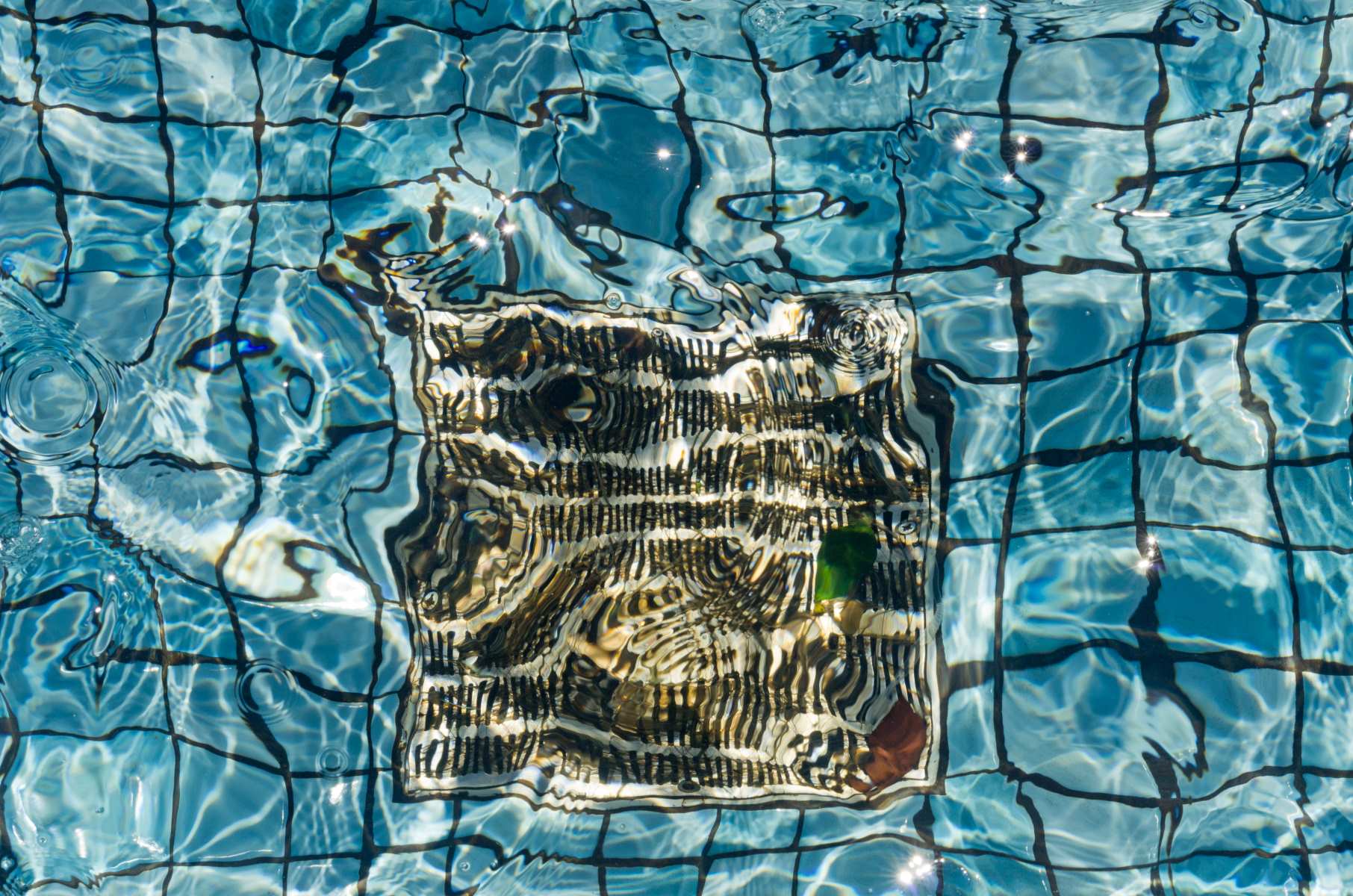
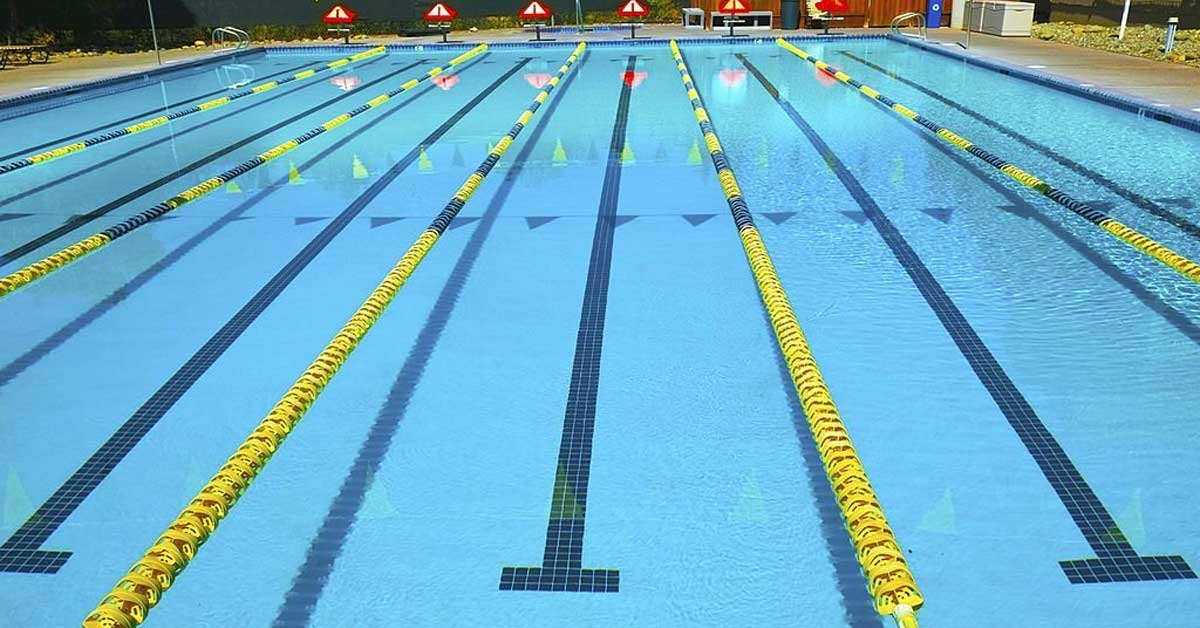
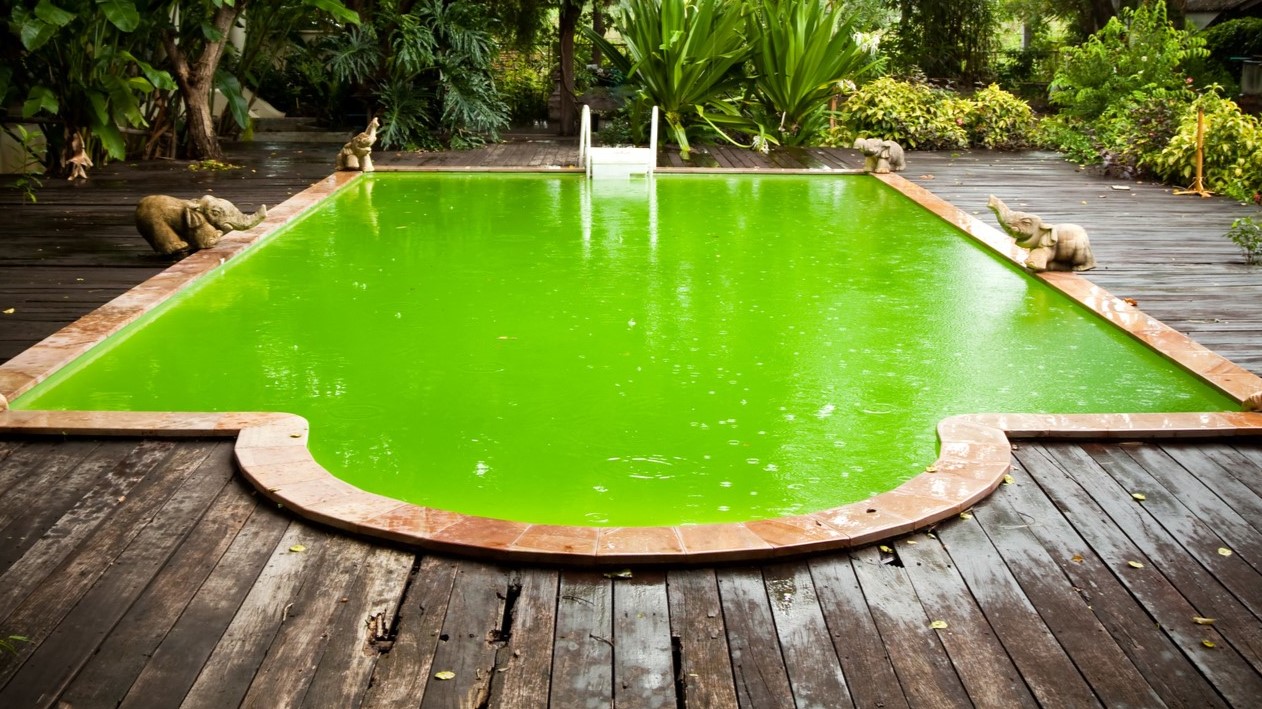



0 thoughts on “What Kind Of Salt To Use In A Swimming Pool”